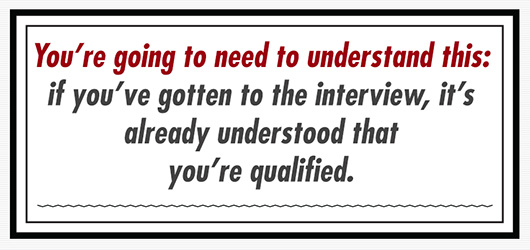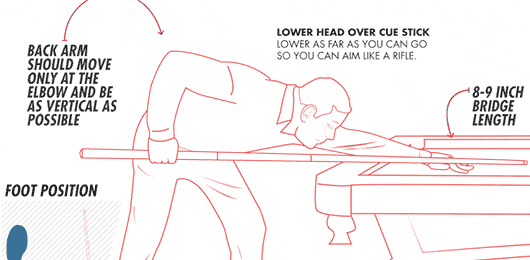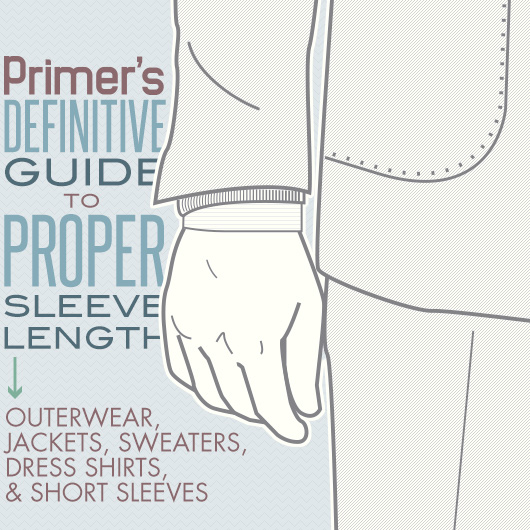“Tell me about yourself…”
I asked this of a young woman seated across from me, watching her expression turn from nervousness to pure, undiluted panic. In a stuttering voice, she began to talk about her two children, her life as a single mother, and how long she’d been in town, before it all came to a jumbled crash and she asked me just what on earth it was I wanted to know.
I’m a vocational case worker. It’s my job to help people get back into the workforce and I’ve conducted mock interviews well into the triple digits, almost all with the same reaction to that prompt. It’s perhaps the single most commonly asked interview question, and certainly the most important. In spite of that, more than anything else, it’s the question that continues to trip us up. That’s simply not something we can afford in today’s economy- those of us freshly out of college (and facing an impending avalanche of debt) least of all.
Here’s how to handle it.
Keep It Short
As baffling as it might sound at first, all the info you’re about to give should (and can) be communicated within the space of about a minute, if not less. Part of this is to hold the attention of the employer, but it’s mostly to help you keep yourself in check. When we’re nervous, we can have a tendency to overexplain ourselves and bury the relevant information under a wave of redundancy and repetition. Less really is more, and with these opening seconds serving as the most important element of the interview, you really can’t afford to screw them up.
Keep It (Actually) Professional
We’re not used to thinking about ourselves, much less talking about ourselves, in terms of what we can offer to an employer. The reason we’re so quick to respond to the question of “Tell me about yourself” with information about our personal lives is because that’s primarily what we use to define ourselves. Family, personal goals, hobbies – we tend to dredge up everything that’s useless to us and the employer alike in an interview situation. Those of us who are aware that we’re supposed to keep the content related to our professional lives will often spout out something along the lines of “I’m a hard-working, self-motivated, punctual team player who can also work well individually.”
Believe me – that’s just as bad.
Being on time, having a strong work ethic – these are (again) the things employers expect of you. Using them as your opening selling points is like trying to sell a house on the merit of it having walls, a roof, and basic plumbing. If you’re going to hit the ground running in the interview, it’s imperative you provide the employer with something substantial. Open up with your years or months of experience in the field. If that’s not as strong as it could be (and for our age group, it typically isn’t), back it up with relevant coursework. Follow that up with a list of the programs you can run, the tools you can handle, the machines you can operate, the products you can sell – whatever it is that’s relevant to work you’re hoping to do. But of course, it’s not enough just to list them, you’re going to need to…
Include The Numbers
As with your resume, providing the employer with exact numbers and figures will put you miles ahead of the competition, even competitors far more experienced than you. Let’s use restaurants as an example – imagine you’re an employer, which of these two sales pitches is going to convince you?
“I’ve worked both front and back of the house at a restaurant before. While most of my experience is in waiting, I also know what it’s like to work as a dishwasher, a busboy, and for a short while I was even learning how to work the prep station back in the kitchen.”
Or-
“I’ve got about a year and a half of front and back of the house experience in a family restaurant. About a year of that was working as a waiter, during which I was serving a couple hundred people a day and sometimes up to four or five hundred on the weekend. I’ve worked in the kitchens as well – I spent a few months as a busboy and dishwasher, and for a month or so I was even working at the prep station.”
Now depending on the type of restaurant, two hundred people a night might not be all that much, but the employer at least knows your minimum capability. Without it, they’re going to be just guessing and chances are that they’ll err on the side of the caution and hire whoever they know the best. It’s a simple case of “the devil you know”, and you need to make sure that it’s you.
Go Above And Beyond
In addition to doing mock interviews for my agency, I’ve done a few actual hires as well. One of the greatest issues I’ve run into has been that of applicants spending the entirety of the interview trying to convince me that they meet the basic requirements of the position as listed in the ad online. You’re going to need to understand this: if you’ve gotten to the interview, it’s already understood that you’re qualified. The employer wouldn’t be taking time out of their day to sit down with you if they didn’t assume you already met the basic requirements, and it’s “basic” that’s the key word here. The purpose of the interview isn’t to demonstrate that you’re qualified but that you’re more qualified than everyone else sitting out in the lobby waiting their turn. While you should absolutely cover your basic job history and relevant skills in the first few seconds of your pitch, the majority of your answer should be tailored to talking about what more you’re bringing to the table.
Think of it this way: any commercial on TV that just showed you the list of ingredients for a snack or the mechanics of the gadget they’re selling probably wouldn’t get any reaction from you. What do commercials actually portray? They give you images of attractive, vibrant young people at parties and camping trips, or racing puppies through the spacious backyards of nice houses along with their smiling families (all regardless of whether or not they’re related to the product they’re selling). It’s a promise that’s being sold here – a picture of what could be if you’d only buy ______. While all the probiotic yogurt in the world isn’t going to magically put you into a beautiful suburban house with a pool and a hot tub, the principle here is the same. You’re going to need to communicate to the employer “This is everything I can do for you if you’ll give me half a chance.”
The first half of your “all about me speech” should be the groundwork for what you’ve done, the second half should be everything you will do. What you’re going to be bringing to the table, how you’ll create repeat business, how you’ll land fresh clients, how you’ll improve safety on the job, how you’ll improve time or cut costs. And to that effect…
Find An Angle [And Work It]
My selling point for my job wasn’t my job experience – mostly because I didn’t have any. What got my foot in the door wasn’t my expertise or my grades or my majors, it was my ability to convince the interviewers that I could learn quickly and handle whatever was thrown at me. Chances are high that many of you will be in the same position, with little more than summer jobs and volunteer experience (if that) to offer an employer.
For us, it’s going to be essential that we find something else to compensate for our lack of knowledge, whether it’s our demonstrated ability to learn quickly, bring a strong degree of technical expertise, provide outstanding customer service, or anything else. We’re all young here – rather than allowing our age to act as a detriment, turn it into a strength and make your “energy”, “endurance”, “teachability”, and “ability to take on more work” all part of your presentation. Have examples handy – though whatever you bring up as a selling point you’d better be ready to back up. The benefit here is that this tactic is going to allow you to call upon your entire vocational background to bulwark your claims. Even if you’re applying as an admin assistant, if you’re asserting that one of your strongest points is your ability to handle tough work with a good attitude, the semester you spent scrubbing out toilet stalls suddenly becomes relevant experience.
Use The “Sandwich Effect”
In and of itself, the “sandwich effect” is a technique for presenting bad news or negative information in a positive manner. You’ll be starting out with a positive (in this case, your credentials, education, or experience), following it up with a negative (such as lack of knowledge of a certain task or procedure), and swiftly transitioning back to a positive (what you’re doing to compensate for that drawback). It’s a great technique for knocking negative information out of the way early on in the interview and having it addressed on your terms. Use this technique right, and chances are good that the employer won’t remember (let alone ask about) the issues you’ve “sandwiched” between the positive information.
Again, for most of us just getting out of college, this negative is going to come in the form of the lack of work experience. Regardless of any and all faults we have, we’d all do well to use the “sandwich effect” to frame our answers. The transition from past experience to future endeavors will make the information flow more naturally and set the tone of the interview once more on what you’ll be providing the company. As mentioned above, it’s going to come down not to proving that you meet the most basic qualifications of the position but that you’ll do all that and much, much more.
Above All Else: Practice It
Write down your pitch, practice it, and time yourself. As you become more confident and less prone to “uhs” and “ums” (something I’m still working on to this day), you’ll be amazed at how easily and quickly you’ll be able to communicate large chunks of information. It’s practice, people, nothing but day-in, day-out practice. If at all possible, videotape yourself, or barring that, sit in front of the mirror whenever you’re doing a dry run. The greatest sales pitch in the world isn’t worth a thing if it’s being delivered with a slouch or in an unenthusiastic tone.
This isn’t going to be easy, but it’s a skill you’re going to need to master. Once more, this minute-long speech is going to determine whether or not you can pay your bills or student loans or provide for yourself and your family. There’s really no excuse for not working on this until you’re confident of your ability to blow ‘em out of the water. Practice might not ever make perfection, but it’ll always make progress.

















